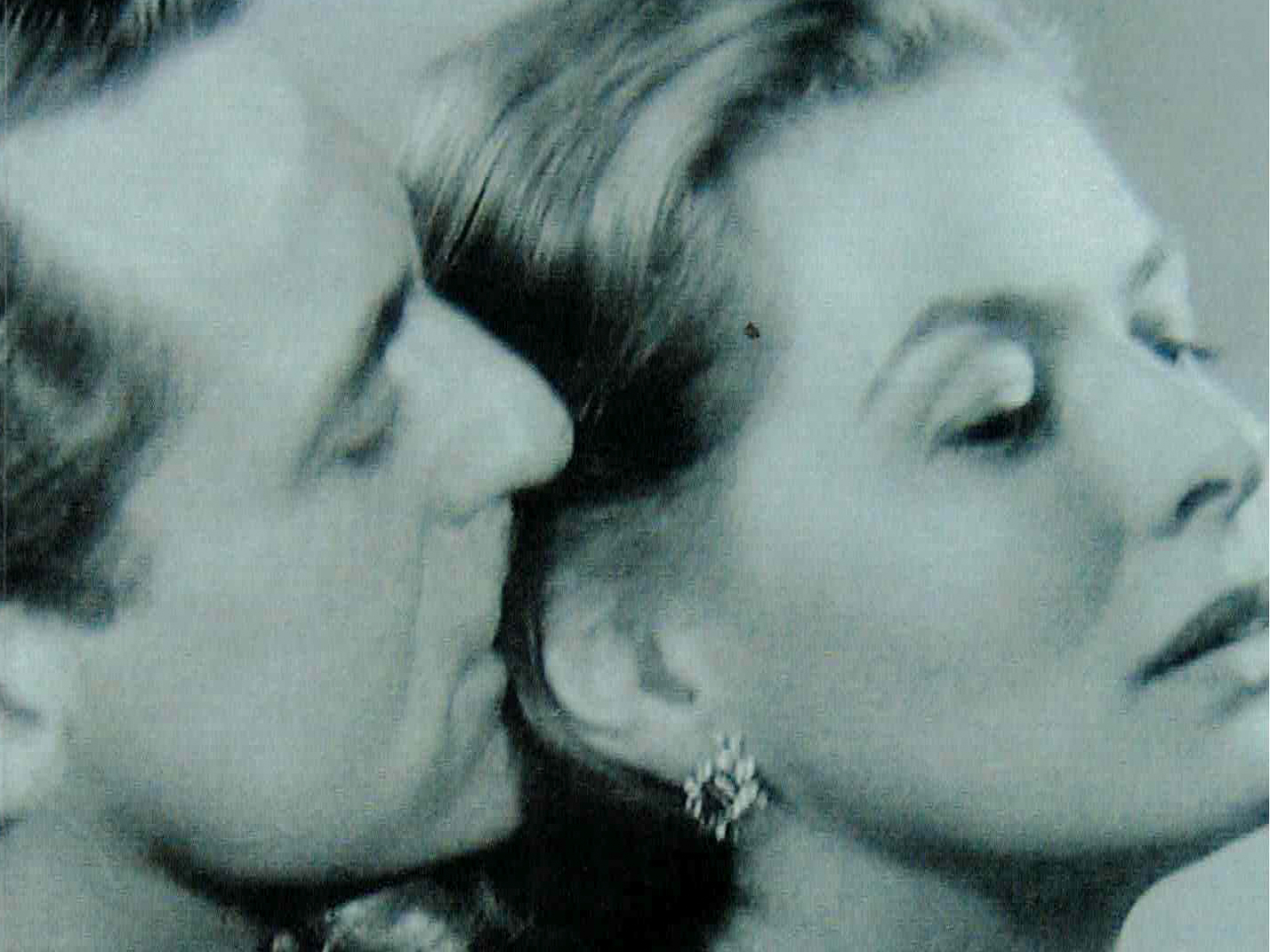
Each member of a family in Taipei asks hard questions about life’s meaning as they live through everyday quandaries. NJ is morose: his brother owes him money, his mother is in a coma, his wife suffers a spiritual crisis when she finds her life a blank and his business partners make bad decisions.
“This life is too big for anyone to see the whole picture themselves, and yet we – who can’t even see the back of our own heads – are forced to navigate the infinite complexities of the world as if we’ve been here before (‘Risk is high when you do anything for the first time,’ one particularly wise character imparts). So we get lost. We make mistakes. We hold fast to even our flimsiest convictions to avoid being paralyzed by the uncertainty of it all. But Yang’s film confronts that dilemma by looking directly at it and finding something beautiful in the limits of our vision. Time and again, through death and even murder, this intricate ensemble story returns to the same idea: If people could see everything for themselves, there would be nothing for us to show each other. Reminding us of that might be the single most valuable thing that movies can do, and no movie has ever done it better than Yi Yi.”
David Ehrlich1
“‘Happy families are all alike,’ begins Anna Karenina. ‘Every unhappy family is unhappy in its own way.’ The way in which the Jians, the central family in Edward Yang’s 173-minute Yi Yi, are unhappy is difficult to pinpoint in a word or phrase, but Yang sees this father, mother, teenage daughter, eight-year-old son, and grandmother as the five fingers of a single hand, each one gradually becoming paralyzed and isolated. [...] What’s the source of the Jian family’s dysfunction and pain? Writer-director Yang doesn’t say precisely, but he does give us a precise feeling for the contours of their collective condition, while hinting at the outset that denial and forgetfulness–the latter a recurring motif in the film’s opening stretches–are involved. More subtly, he hints at their separateness from one another by rarely showing them together and by emphasizing their lack of rapport and intimacy at the infrequent family gatherings, including the stiff poses for wedding photographs that open the picture and the almost equally stiff groupings at a funeral at the end.”
Jonathan Rosenbaum2
“There are many clichés of what we refer to as ‘modern life’ – in fact, the term itself is a cliché. There is no sense of continuity... Everywhere looks the same as everywhere else... We suffer from information overload... We have lost our connection to the rhythms of the natural world... etc. and ad infinitum. One might say that such maxims, which hang in the air like storm clouds just before a downpour, indicate one of the most serious maledictions of the modern condition. Of course, there is truth to many of these notions, but the alarm bells they set off in our heads drown out our ability to think them through. For instance, are these changes permanent or temporary? To what extent must we adapt to them, and to what extent must we find a way of making them adapt to us? And what exactly has changed, and what exactly has stayed the same? These are reasonable, human questions, questions whose answers can’t be found in others – lost loves, for example, or spiritual gurus or astrologists, all of whom the various characters in Yi Yi turn to throughout the film. They can be answered only by us, the ones who are posing them. In time. ‘We all need time to think,’ exclaims Nianzhen Wu’s NJ, with carefully concealed desperation. So Yang – so patient, so attentive, so precise – gives each of his characters, and us too, time to think. He shows us that the time must and will come, and that the thinking will follow, and that the ‘impersonality’ of urban existence (another cliché) is a state of mind: any given street corner, New York bagel shop, hotel room, or corridor is personalized just by the presence of living, thinking, feeling human beings. Personalized and illuminated – which is why Yang’s luminosity is so quietly stirring here.”
Kent Jones3
- 1David Ehrlich, Stream of the Day: “Edward Yang’s ‘Yi Yi’ Reflects the Richness of Our Own Lives,” IndieWire, May 22 2020.
- 2Jonathan Rosenbaum, “Alone in a Crowd,” Reader, March 1 2001.
- 3Kent Jones, “Yi Yi: Time and Space,” The Criterion Collection, March 15 2011.

